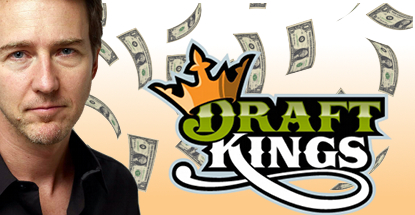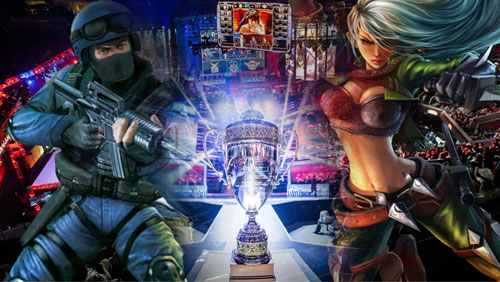This is a guest contribution by Luke Cotton, Esports Specialist at Digital Fuel Marketing. If you would like to submit a contribution please contact Bill Beatty for submission details. Thank you.
Everybody has likely read that Esports is a $612m market, and that there are 134 million viewers of them worldwide. Most are probably aware that Amazon purchased leading livestreaming site Twitch for almost $1 billion and that YouTube is now trying to catch up with the launch of its dedicated gaming platform. But did you know that the first recognized Esports event saw the winner walk away with Quake programmer John Carmack’s Ferrari, or that video game publishers are now licensing out the rights to hold Esports events using their games? Today, many leading Esports players can actually make more revenue from live streaming or sticker sales than their salary and tournament winnings combined.
Did you know that up to $4.5m is wagered on CounterStrike: Global Offensive (CSGO) black markets per day, that the leading black market Dota 2 betting website has more Facebook fans than William Hill, Ladbrokes or bet365, and that League of Legends, widely recognized as the leading Esports title, sees less wagering than the relatively minor StarCraft II? And if so, do you really understand why this is the case?
Betting operators are likely to judge the potential of Esports as either new markets for their existing Sportsbook, or as Betway is, as a new product in its own right, based on their own early wagering and acquisition signs. So, understanding the Esports landscape, the intricacies of the various games, their different fans, and where to acquire customers is crucial for success. Without this understanding, bookmakers will be playing a dangerous game. They run the risk of seeing considerably different results to their competitors, who have a more complete understanding of the fundamentals, and who will therefore invest more resources to profit in the long term.




